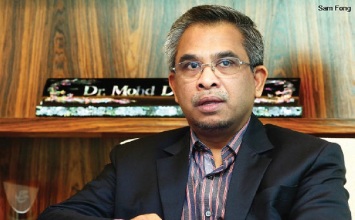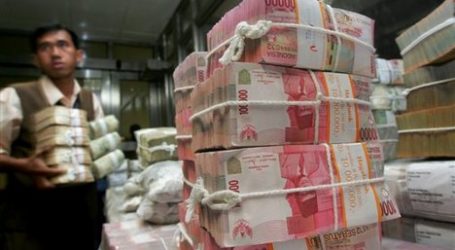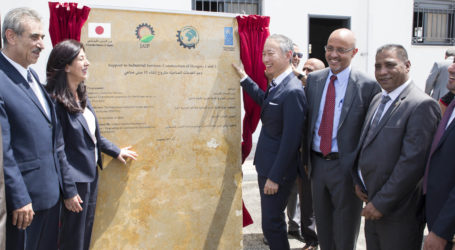NIGERIAN MUSLIMS BATTLE HIGH FOOD PRICES AS THEY PREPARE FOR RAMADAN.
 Abuja, 4 Ramadan 1434/11 July 2013 (MINA) – Muslims in the Abuja capital in Nigeria, entered the holy month of Ramadan, which began on Tuesday (9/10) in the fears of rising food prices.
Abuja, 4 Ramadan 1434/11 July 2013 (MINA) – Muslims in the Abuja capital in Nigeria, entered the holy month of Ramadan, which began on Tuesday (9/10) in the fears of rising food prices.
Nigeria is home to the largest Muslim community in Sub-Saharan Africa, accounting for about half of the country’s 150 million people.
The advent of Ramadan is usually accompanied by increased numbers of financial transactions and consumer spending, but many say they will be forced to cutting back on shopping, the Arise TV quoted by Mi’raj News Agency (MINA) as reporting.
“I have gone to the market and but the unfortunate thing is all these foodstuff and other things have risen the prices have skyrocketed it is very unfortunate this month, a holy month I believe things should not skyrocket like that,” Abdulkadir Jibril said, a business man.
Religious observer said the prices of food in 2013 were relatively high because of the Ramadan, the Enca.com reports.
“You can see the price of everything has gone up in the market now,” said the observer.
Nigeria has done well economically with a boom in middle class spending and a consistent growth rate of 7 percent.
Despite a decade of 7 percent economic growth, poverty in Nigeria has worsened according to official figures. Analysts say its oil dependent economy is merely enriching the few.
Investors worry that widespread violence and insecurity will only worsen if Nigeria cannot get rid of youth unemployment and poverty, risks that take the shine off its impressive growth.
With food inflation at 9.3 per cent in May, consumers at this local market in Abuja complain that prices have shot up ahead of Ramadan.
“Well the prices this year are relatively on the high side and I presume, I guess to the Ramadan, forthcoming Ramadan. You can see the prices of everything has gone up in the market now,” said Abuja resident, Suleiman Sanusi.
But for Faud Adeyemi, an Imama at the Al Habibiyah Mosque in Abuja, Ramadan should be a time of sacrifice, prayer and reflection, when people should be cutting back on the things they normally enjoy, like food.
This year’s Ramadan comes at a time when the country has been experiencing religious tension, amid escalating fight between government forces and Islamist group Boko Haram. (T/P09/E1).
Mi’raj News Agency (MINA).






